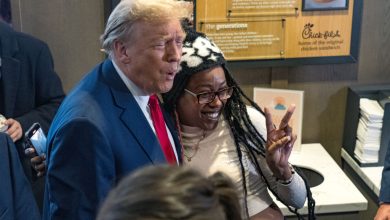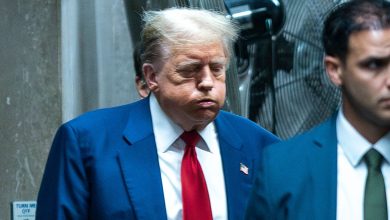NCLGS Reveals New Legislation Model for iGaming

This week, the National Council of Legislators from Gaming States (NCLGS) revealed a new legislation model for the iGaming industry. This model seeks to clarify what online casinos can and cannot do across the United States. This new framework, which is currently just a draft, will be open for public comment until the end of 2024.
The Objective of the New iGaming Legislation Model
If you’ve ever placed sports bets or engaged in igaming activities such as blackjack, you probably understand that consumer protection and public trust are major concerns when it comes to this type of activity.
This is one of the reasons why the NCLGS took ample time to carefully consider the needs of the igaming industry and address them in a sensible way.
Based on the declaration made by the NCLGS President, Shawn Fluharty, the new legislation model was drafted in collaboration with industry experts and its objective is to improve things not just for the consumer but also for the igaming service providers.
The proposed model seeks to complement existing regulations and provide all the players in this space with a set of rules that makes sense for everyone involved.
“My hope is that by bringing together regulators, legislators and industry stakeholders to provide their expertise for this model legislation, it will be a catalyst in producing public policy that will benefit states for generations to come.” – Shawn Fluharty
What the New iGaming Legislation Model Contains
The draft describes specific measures on taxation, licensing, and responsible gaming. Among its recommendations are igaming licenses that are valid for a period of 5 years and separate licenses for operators, platforms, and suppliers.
One of the most important aspects of the draft is the proposed tax on igaming activities. The number ranges between 15% and 25%. Even at 25%, the number is much lower than people anticipated. The anchor point here is the 36% tax practiced in Pennsylvania. Other states, such as Maryland, have an even higher tax of 55%.
If we assume that a middle-ground number will be picked, we can conclude that the igaming industry will soon be booming across the United States. At 20%, operators would be left with enough funds to reinvest and greatly improve or expand their services.
Other Key Recommendations and Measures
Another aspect of the draft is the stronger AML and KYC protocols. When it comes to anti-money laundering and Know Your Customer practices, legislation will require igaming providers to place restrictions on credit card use for gambling accounts.
The deposit limit within a 24-hour period will be $20,000. For people who don’t engage in igaming activities, this number may seem a bit too high. But for serious bettors, it can actually be quite effective in preventing undesirable scenarios.
The draft also emphasizes the need for responsible gambling initiatives. The creation of a Player Health Program is recommended. Operators will be expected to choose a lead that will collaborate with regulators to ensure that certain precautions are taken with respect to customers and their psychological health.
When it comes to advertising igaming, the rules will become considerably stricter. The use of “risk-free” language will be banned and promotions in places like college campuses will be strictly illegal.
Among the major provisions, there is also a proposed ban on sweepstakes games, which are regarded as a gray sector that should be eliminated for the benefit of consumers. Failing to do so will result in fines ranging from $10,000 to $100,000 and even prison for up to 2 years for repeat offenders.
Overall Considerations
The draft will be discussed on December 14 in New Orleans. If it passes, a vote on adoption will take place in the first quarter of 2025.
“This regulatory framework may be a useful tool for consideration as states embrace the vast potential of internet gaming. We look forward to the public comment period and our winter meeting in New Orleans as we take on this important initiative.” – Shawn Fluharty
Quite clearly, igaming in the US is growing and with that growth, the state must get involved to ensure that things are not being done in a way that’s harmful to the parties involved.




